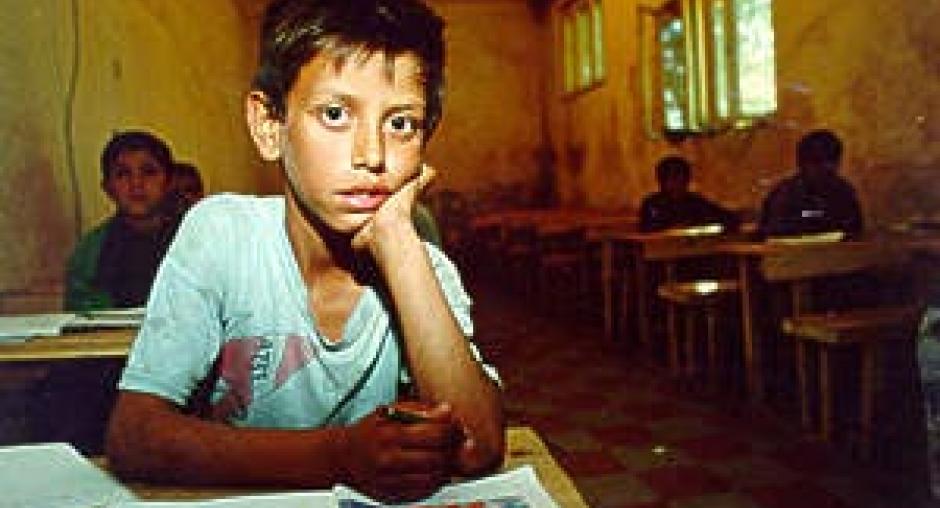OSCE Kosovo Mission helps push for greater integration of minorities
To help improve the RAE situation, the OSCE Mission in Kosovo has been assisting the Government in areas such as catch-up classes for young people, home reconstruction for returning refugees and raising cultural awareness on International Roma Day.
And in May 2006, Kosovo's Prime Minister, Agim Ceku, asked the OSCE and the Kosovo Foundation for Open Society (KFOS) for support in developing an RAE strategy, which would provide recommendations on education, employment, health, housing and other key issues.
"We were positive about the idea," says Jonathon Milligan, a Minority Rights Adviser in the Mission, "and we are committed to providing financial support and expertise in RAE issues."
Joint efforts, better results
The initiative was launched in Pristina on 9 September, bringing together political representatives and civil society activists from RAE communities to ensure the latter's active participation in the strategy's development.
According to Prime Minister Ceku, participating actively in public and political life is the best way for RAE communities to exercise their rights. "Work will become more systematic and integrated, and we will listen to your requests before compiling the strategy," he told RAE representatives at the meeting.
"Any initiative that has to do with the involvement of minorities and promoting human rights, including the identity and culture of communities, will always have the support of the Government and of the people of Kosovo."
From 22 to 26 June, KFOS held a workshop in Durrës, Albania, for 25 RAE representatives. Participants produced a needs assessment that can be used as a basis for Kosovo's strategy development.
Putting words into action
Bekim Syla, Director of the Roma and Ashkali Documentation Centre, says that non-governmental organizations (NGOs) have been pushing for a broad-ranging strategy for some time.
"The initiative of the Prime Minister is a good one and it was welcomed by activists and the public," he says. "But it has to be implemented - and NGOs will push for its implementation - so that more RAE are educated and employed."
But to be effective, the strategy needs to deal with the realities. "It has to be realistic in terms of the human and financial capacities of the Government," says Vera Pula, Programme Coordinator at KFOS. "That is why it is so important to establish a genuine dialogue between the communities and the Government."
Involving communities
The OSCE and KFOS are planning to hold five regional roundtables across Kosovo in October, aiming to inform a wider audience of RAE about the strategy and to listen to their concerns and suggestions.
A number of working groups will then be created to focus on areas such as education, health, employment, political participation, and housing and property rights. These groups will include community and ministry representatives, as well as local and international experts.
The working group on education, for example, will include representatives from the RAE community and the Ministry of Education, Science and Technology, as well as an international expert from the Roma Education Fund based in Bucharest, Romania.
"Each working group will draft a specific part of the strategy, which will be discussed with the public and amended as needed," says Pula. The Ministries and Prime Minister's Office will provide comments before final approval.
The Government aims to have the strategy drafted by December and finalized by March 2007, and plans to hold an international donors' conference in the summer to raise funds for implementation.
"We hope that the strategy will result in an increased number of educated and employed Roma, Ashkali and Egyptians, and thus greater integration of these communities," adds Syla.


